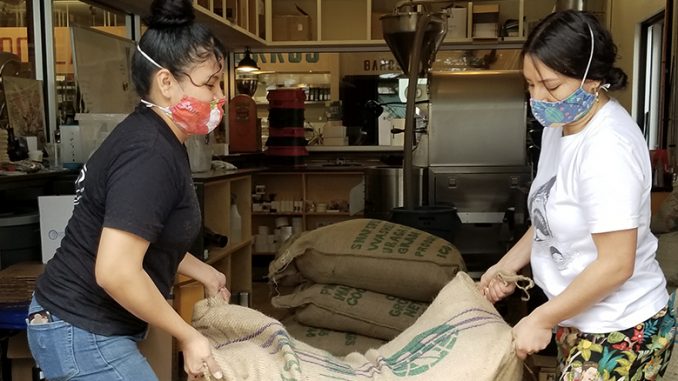
We celebrate the diversity of coffee’s changing landscape.
BY ARIELLE REBEKAH GORDON
SPECIAL TO BARISTA MAGAZINE ONLINE
Cover photo courtesy of Phyllis Johnson
The upper echelons of the coffee industry have long been dominated by society’s more disproportionately privileged individuals. From competitions to café work and roasting, marginalized coffee workers face systemic barriers to achievement; folks with greater advantages either do not experience this or can more easily circumvent it.
Recently, a growing number of coffee professionals have found ways to challenge the status quo and create space for these workers at all levels of the coffee industry. These folks are ushering in what some have called the fourth wave of coffee: that is to say, an industry that is accessible in every sense of the word.
The latest issue of Barista Magazine is all about accessibility, and we cannot stress enough the need to incorporate every individual into the process of coffee. The following is not an exhaustive list, but rather a brief spotlight on a number of folks and groups who are working to change the shape of the coffee world.
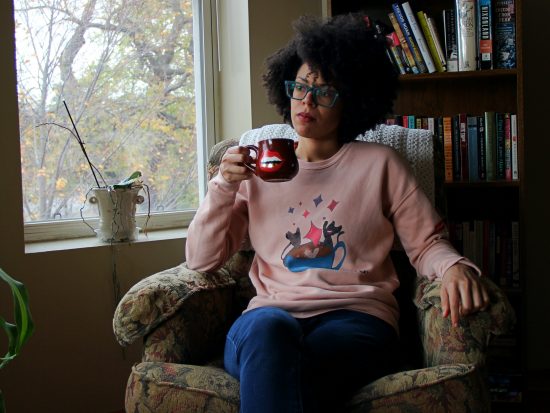
Not Caffeinated Enough | Niki Tolch (she/her)
Not Caffeinated Enough is a video podcast in which Niki Tolch and a fellow “Coffee Blerd” (Niki’s phrase for a Black person “who’s, like, really into coffee”) run virtual coffee experiments and talk about being Black in coffee. “My goal is to help build the Coffee Blerd community (and) to give a voice and platform to Coffee Blerds that have not been given much space to talk about coffee and their experiences in their own way,” Niki says. She dreams of a future in which marginalized coffee people, and Coffee Blerds in particular, can prosper and feel welcomed in the industry without the pressure or need to conform to conventional standards of existence.
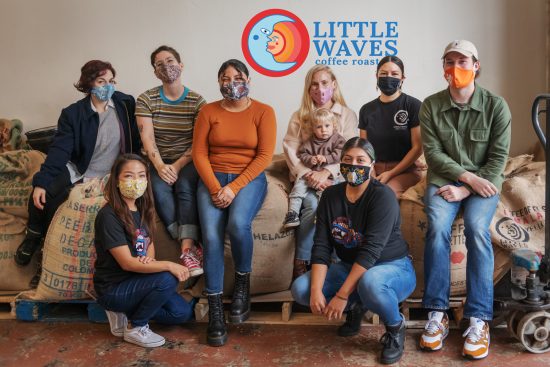
Little Waves | Areli Barrera Grodski (she/her/ella)
“Little Waves Coffee Roasters is an impact-driven group of thinkers, dreamers, and doers who delight in the enduring power of coffee as a shared experience,” shares Areli Barrera de Grodski, co-owner and green buyer for the Durham, N.C.-based company.
Little Waves Coffee is Latina majority-owned, women-forward, and intentional in every sense of the word: They use recruitment methods aimed at fostering real connection and cultivating workplace diversity, pay a $15/hour USD minimum to ensure that every person on staff brings home a living wage, and offer an abundance of advancement opportunities. Through team building that centers unheard voices and is representative of the community that they serve, Areli aims to set the stage for others’ success. “I hope to see more and more representation in leadership that represents our broadest coffee supply value chain,” Areli professes. “I would love for coffee to be a career more folks of marginalized identities can see themselves thriving in and contributing to.”
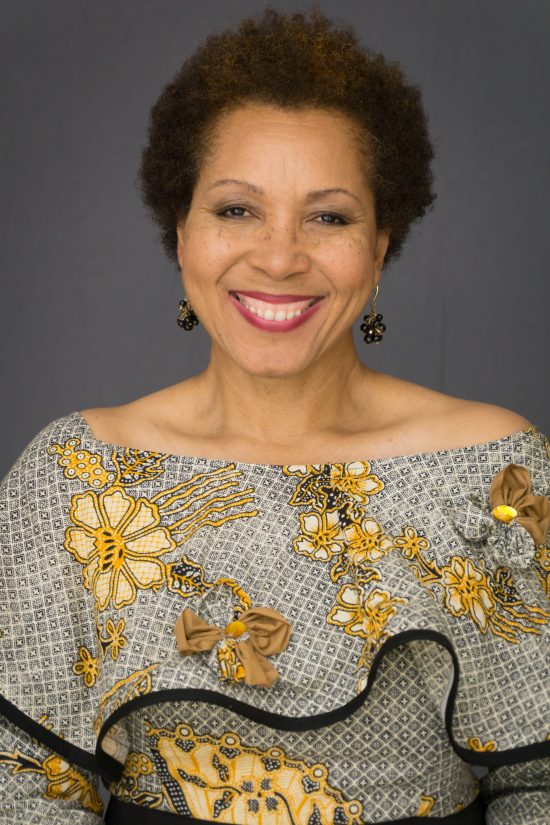
Coffee Coalition for Racial Justice (CCRE) | Founded by Phyllis Johnson (she/her)
Phyllis Johnson founded CCRE in July 2020, with the goal of addressing racial inequity within the coffee industry and helping to push our industry forward. CCRE is taking a bilateral approach to providing opportunities for BIPOC folks in coffee. First, they work with industry leaders to fill in awareness gaps and biases as they pertain to race, then provide them with the resources needed to take action against racial injustice. They share this information through speaking engagements, training workshops, program development, public webinars, and individual coaching. Secondly, CCRE works to develop and share paths to advancement for Black and Brown folks within the industry through relationships with mentors, advisors, and sponsors.
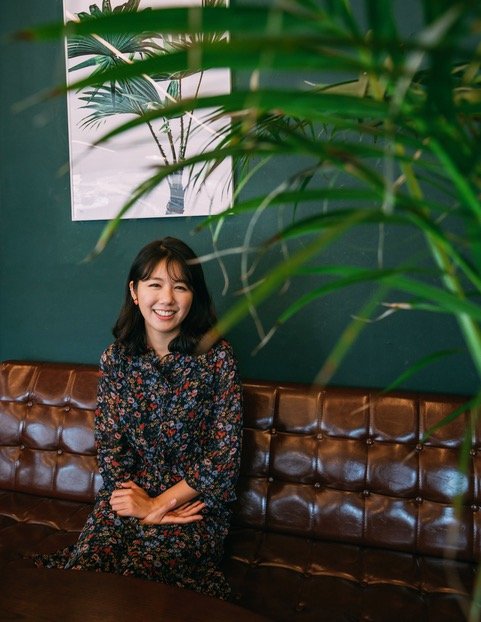
Bean Voyage | Sunghee Tark (she/her)
Bean Voyage is a feminist nonprofit with the mission to help smallholder women coffee producers thrive in Costa Rica. By providing these producers with training and facilitating market access, Bean Voyage aims to eliminate the gender gap within farming communities. They also facilitate access to resources and information by creating safer environments for women to learn, as opposed to spaces from which women have historically been excluded. Through these free workshops, Bean Voyage intentionally emphasizes peer relationships with the express intention of fostering supportive relationships between women in the community. “I hope that the coffee industry becomes a more inviting place for anyone and everyone that wants to do coffee,” comments Sunghee Tark. Bean Voyage dreams of a day when their services are no longer needed, and is dedicated to bringing that vision to life.
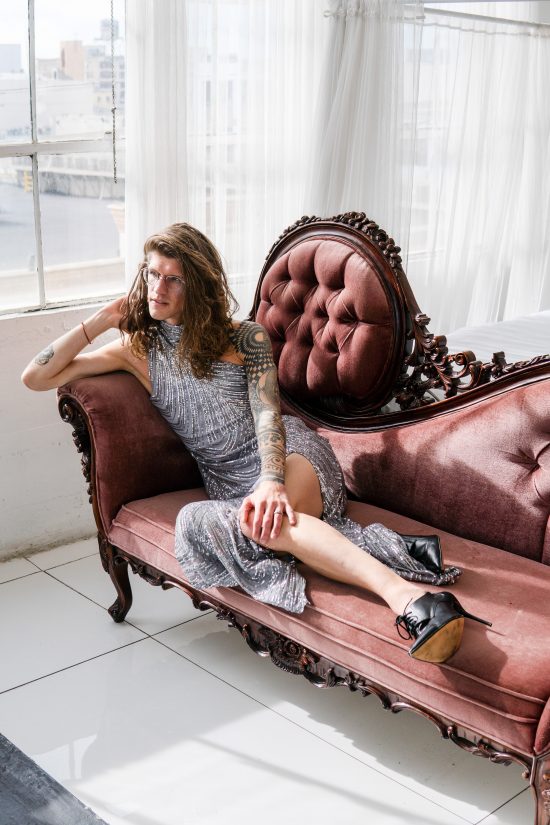
Glitter Cat Barista | Veronica Grimm (she/her)
A familiar face to many in coffee, Veronica Pearl Grimm is the founder and chief glitter officer of Glitter Cat Barista. Glitter Cat aims to change existing power structures that bar opportunities from marginalized people and create new paths to success, all while maintaining “representation, belonging, and accessibility at the forefront.” Their goal is to eliminate any and all obstacles to coffee competition, encourage all underrepresented coffee people to take up space in the industry, and destroy conventional notions of professionalism and hospitality.
These individuals are among a growing list of coffee professionals working to push our industry forward. Here’s a toast to a better, more accessible, and more diverse future for coffee.
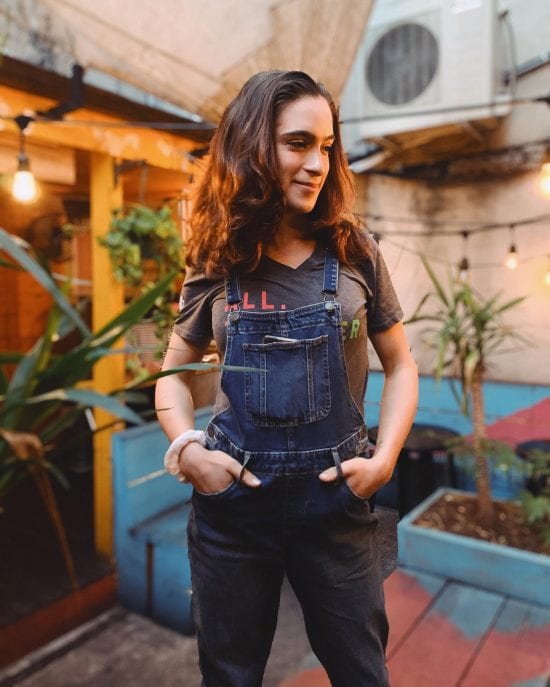
ABOUT THE AUTHOR
Arielle Rebekah Gordon is a transgender activist, coffee professional, and author of the blog Trans and Caffeinated. Though her love for an impeccably brewed cup of coffee is strong, her passion for fostering genuine human connection using coffee as a medium is even stronger. She dreams of a world in which producers are paid a thriving wage, baristas are treated equitably, and consumers understand the love evident in those first 90 feet.

